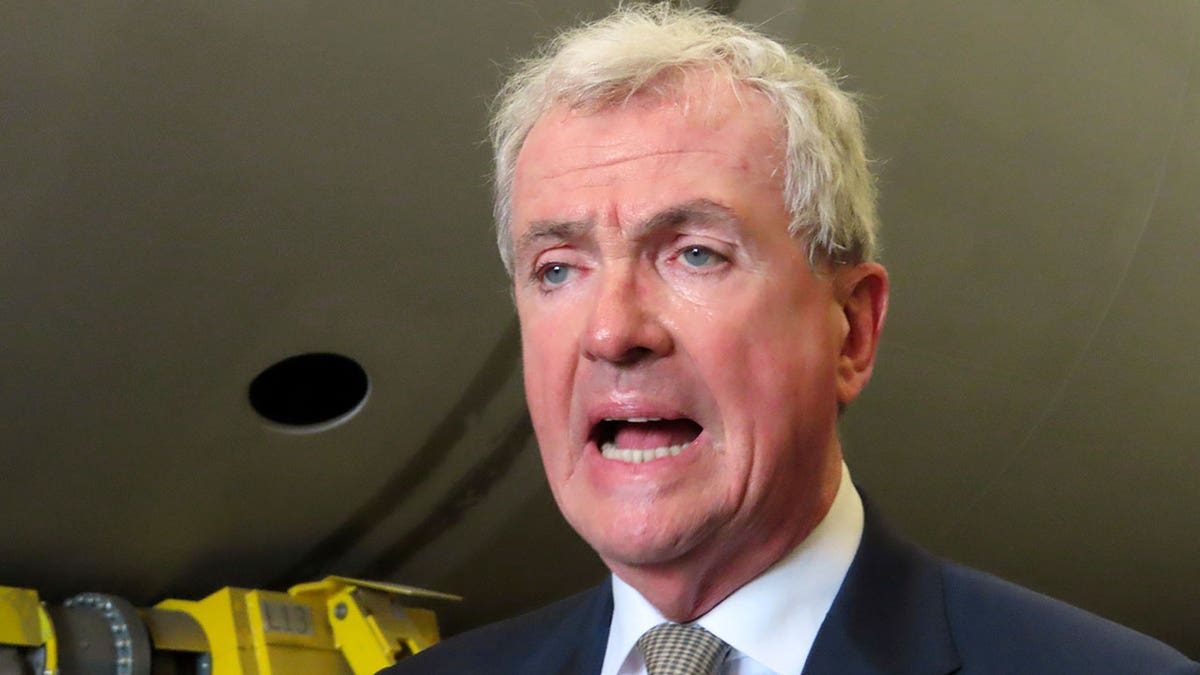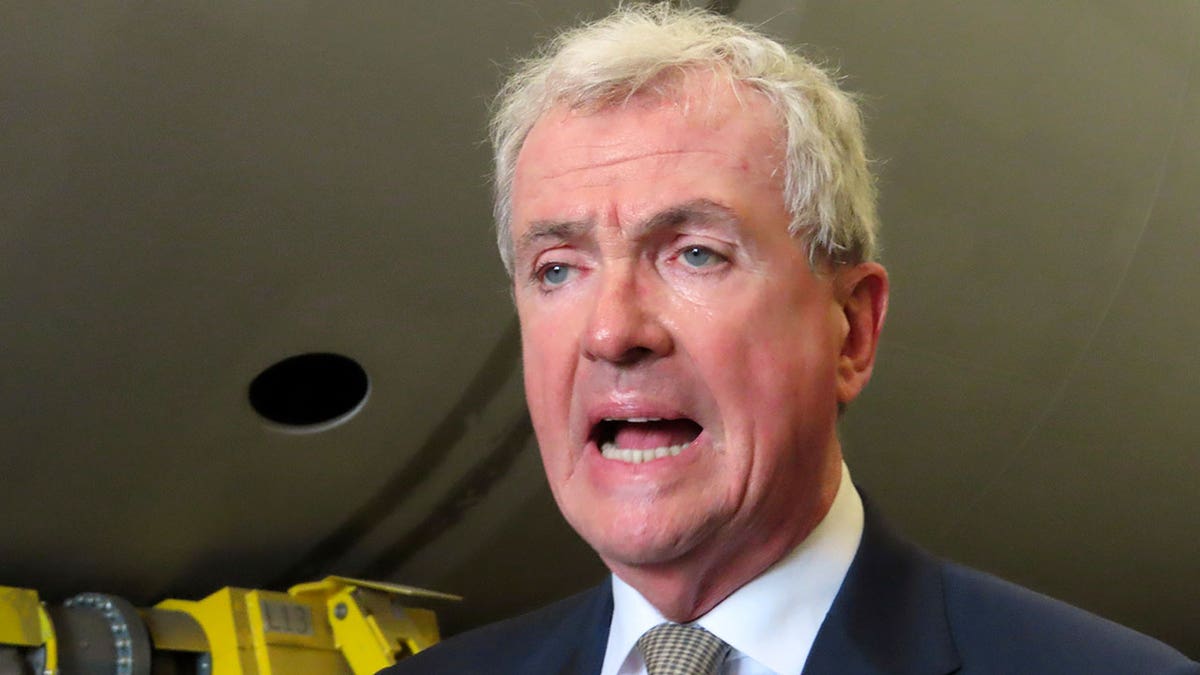
New Jersey Democratic Gov. Phil Murphy has signed legislation to boost lawmakers’ salaries from $49,000 to $82,000 along with raises for his successor and other top officials.
Murphy signed the bill on Tuesday, according to a news release from his office. He made no comment on the measure, which passed the Democrat-led Legislature on the final day of the previous legislative session earlier this month.
LEFT-WING POLICIES TO BLAME FOR MASS EXODUS OF NEW JERSEY RESIDENTS IN 2023: EXPERT
The bill doesn’t take effect until 2026, so Murphy, who leaves office in January 2026, won’t benefit. The two-term incumbent cannot run for a third straight stint as governor. The Assembly will face voters in the regular 2025 general election before the raise takes effect.

New Jersey Gov. Phil Murphy speaks to reporters after signing a bill in Paulsboro, N.J., Thursday, July 6, 2023. (AP Photo/Wayne Parry, File)
Lawmakers haven’t voted themselves a pay increase since 2002, and some argued that the 67% increase is needed to keep up with rising costs. They also said they sometimes had to dip into their own pockets to perform the duties the job requires.
Republicans questioned the soundness of a pay raise, and many opposed it.
The legislation increases the governor’s salary from $175,000 to $210,000 annually and boosts the top rate for Cabinet and other top officials to $210,000 from $175,000 as well. It also boosts the amount lawmakers get specifically to pay their staff, from $135,000 to $150,000. Legislators, unlike in some other states, don’t get a per diem rate or car mileage reimbursements.
Just how much the measure would cost taxpayers wasn’t clear. Simple math suggests the increase for lawmakers’ salaries would come with a nearly $4 million price tag.
CLICK HERE TO GET THE FOX NEWS APP
New Jersey’s Legislature is considered part-time, meeting regularly from January to June and typically taking time off over the summer and in the lead-up to elections before returning for a lame-duck session.








